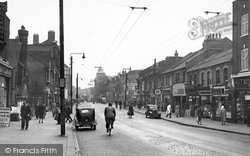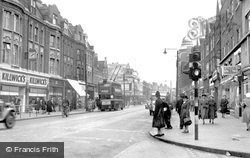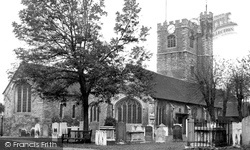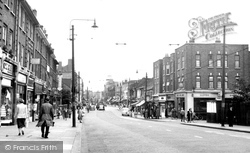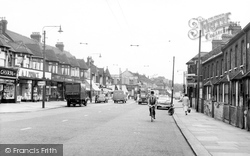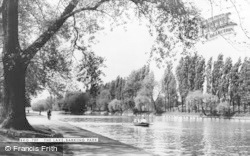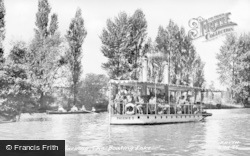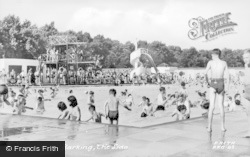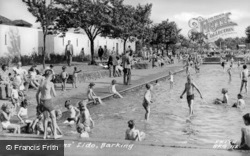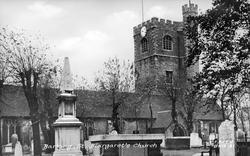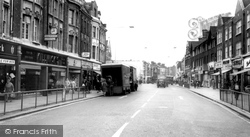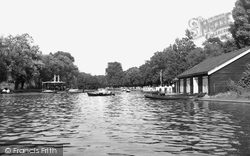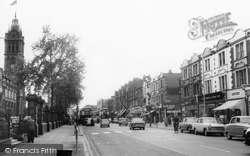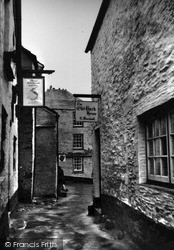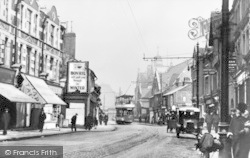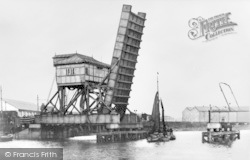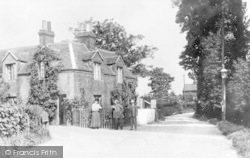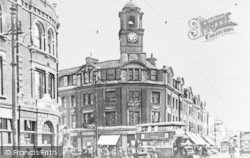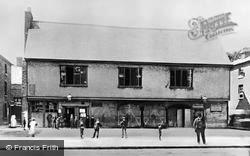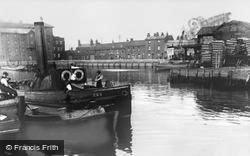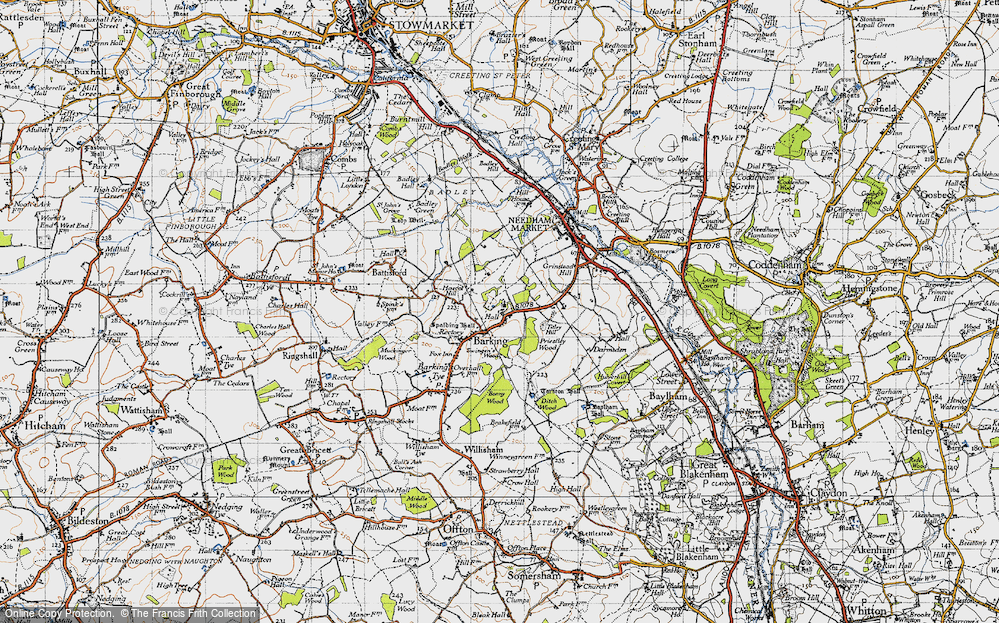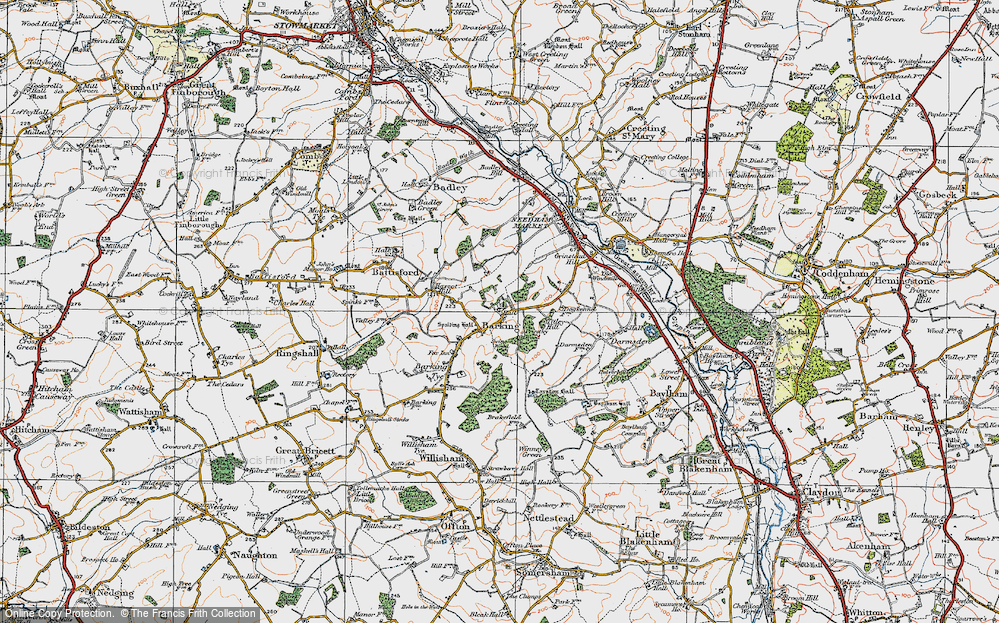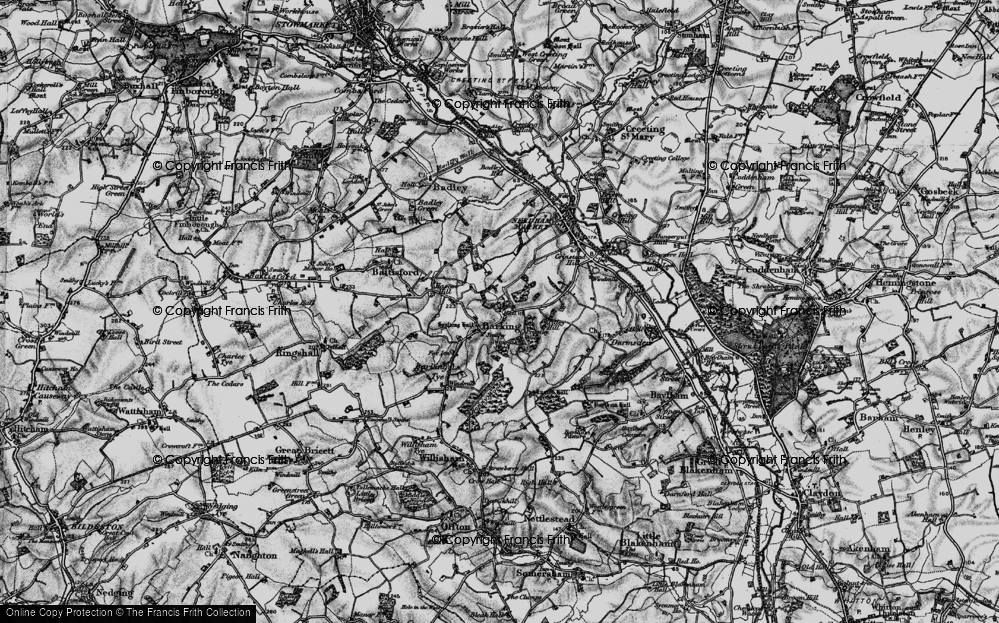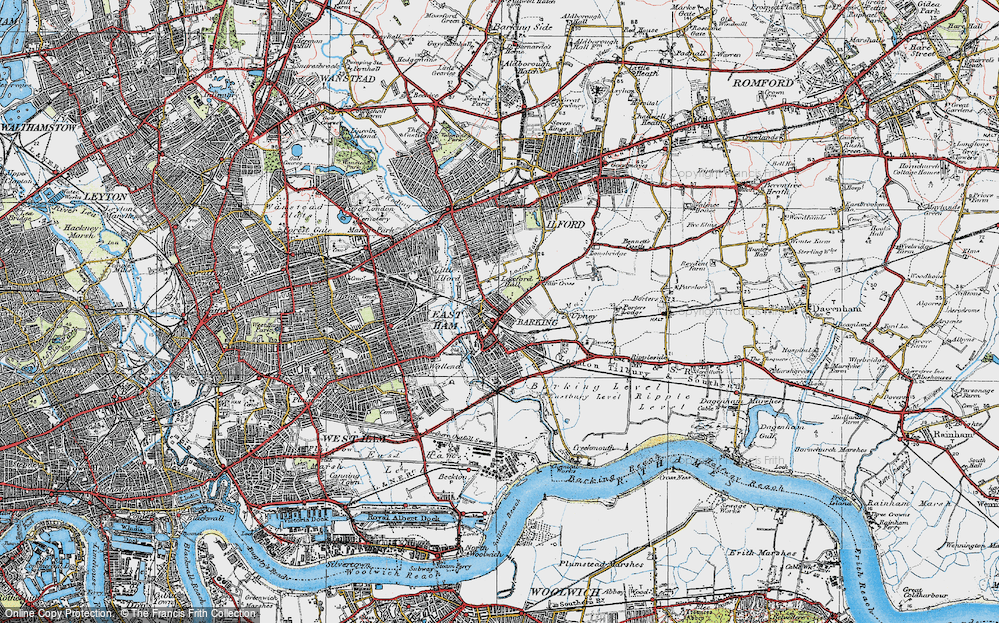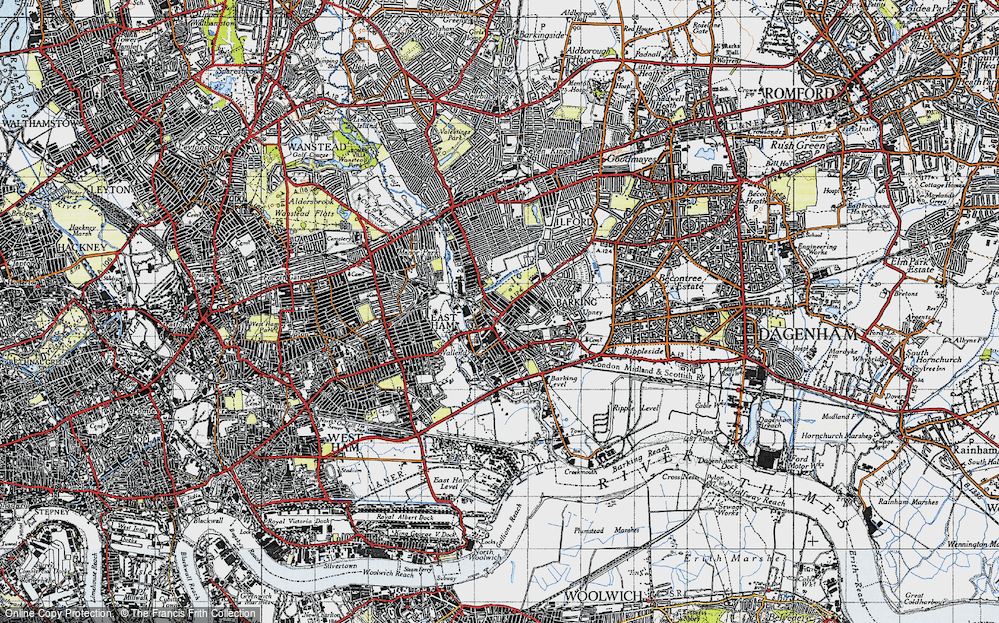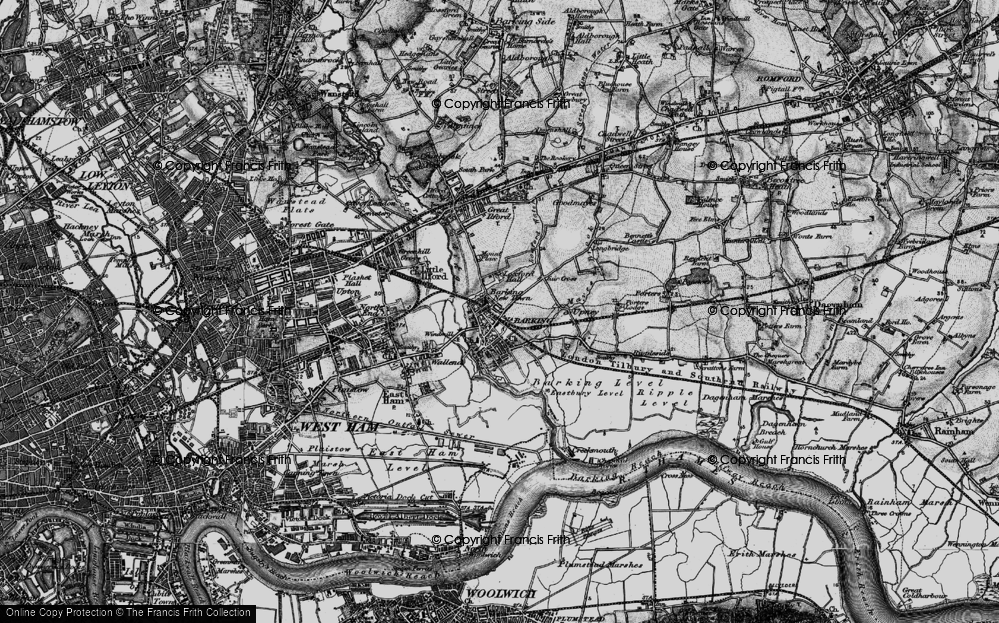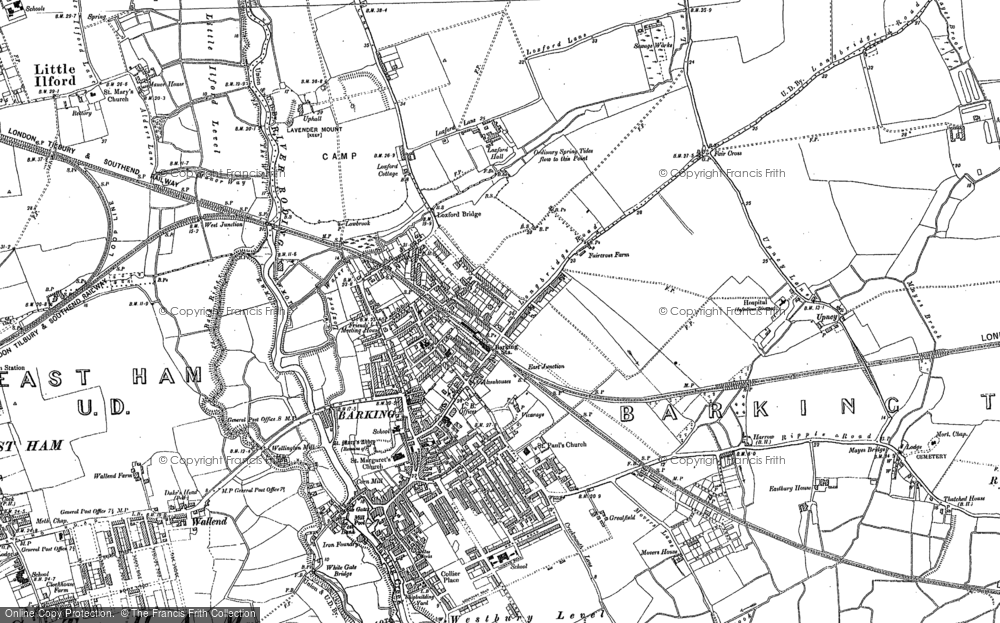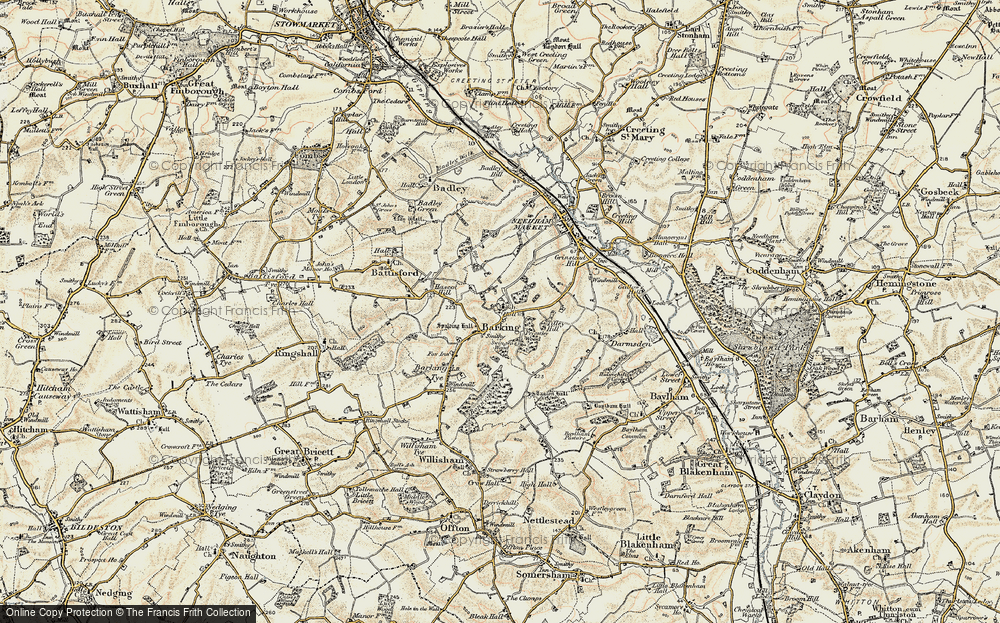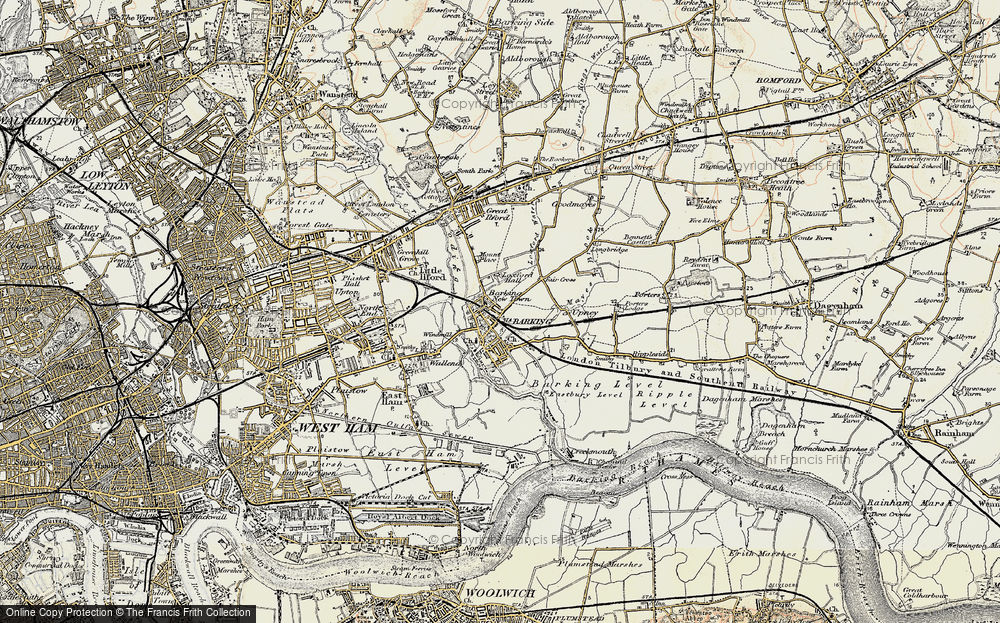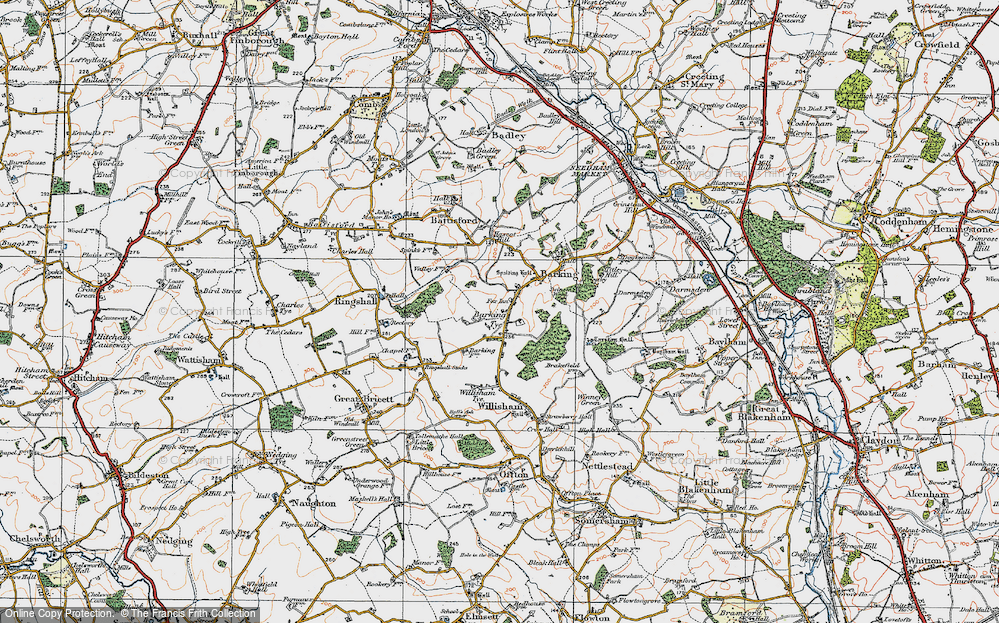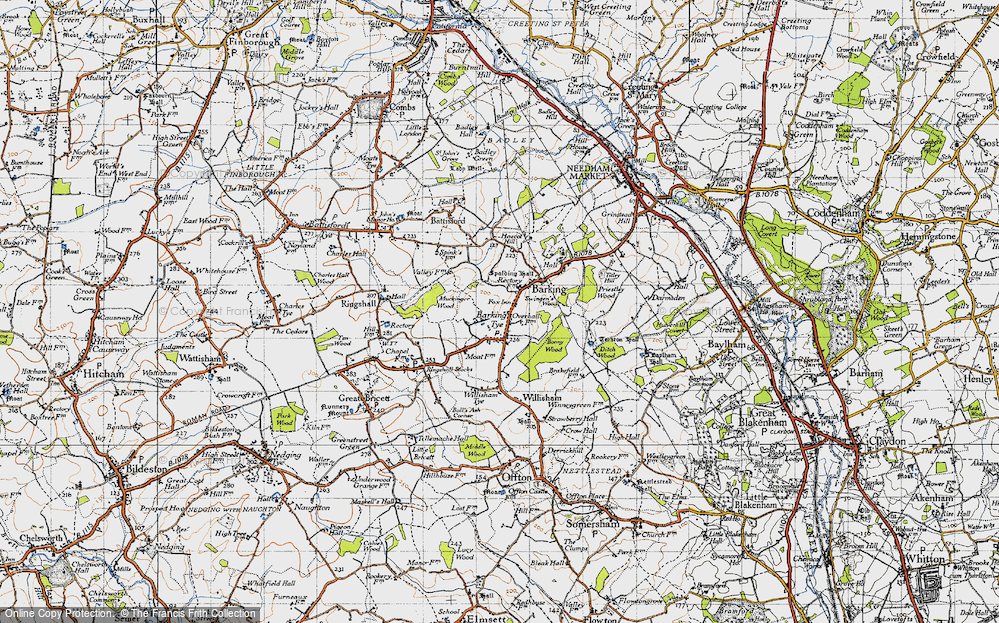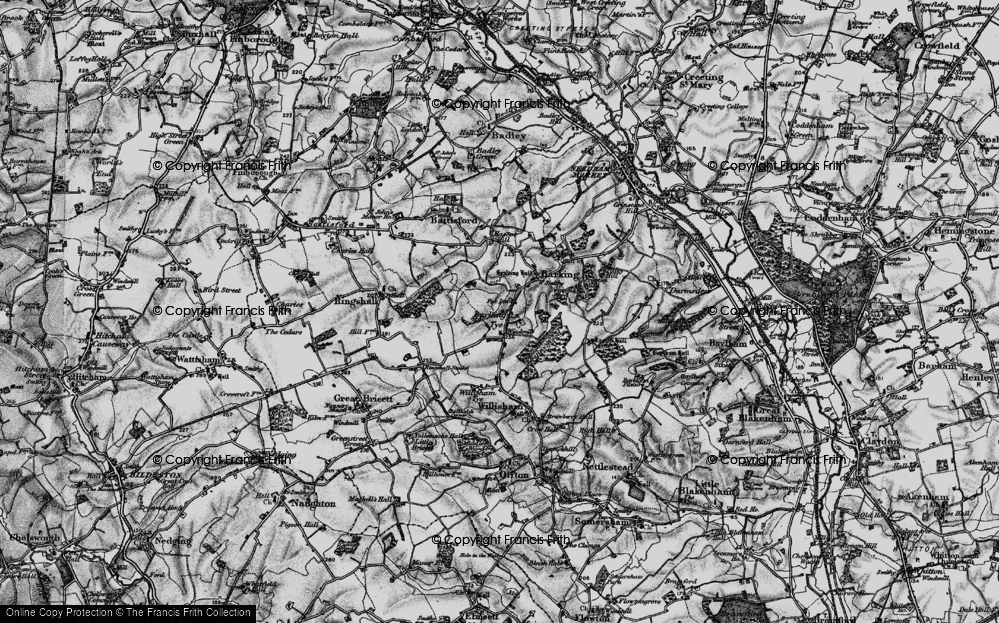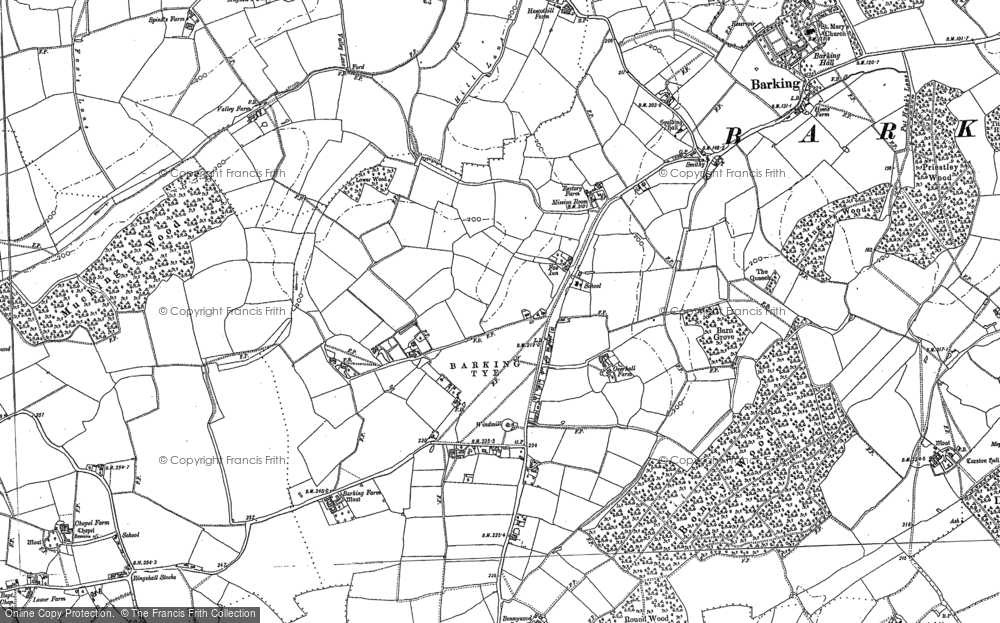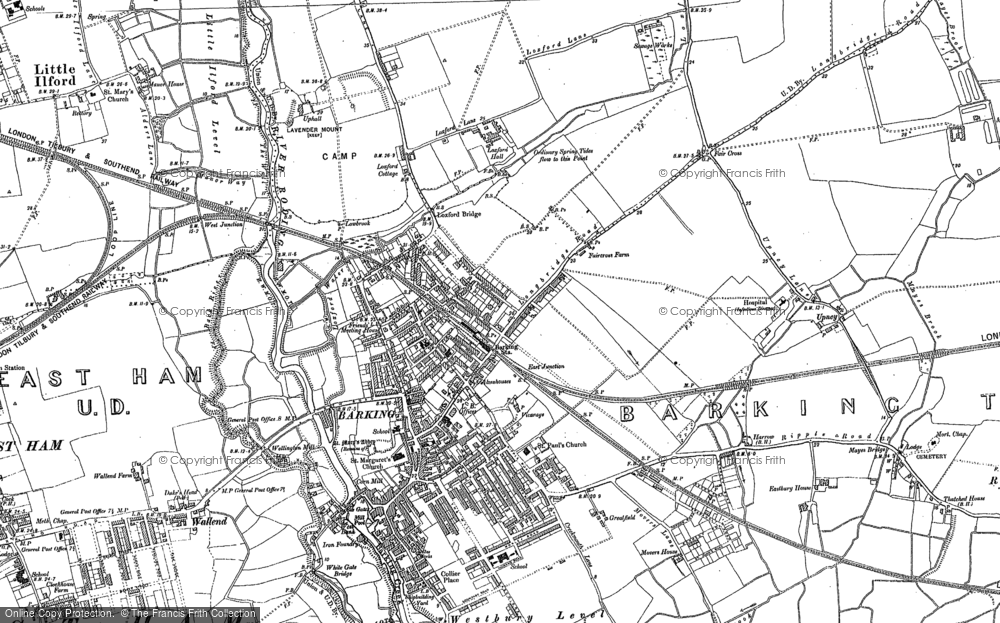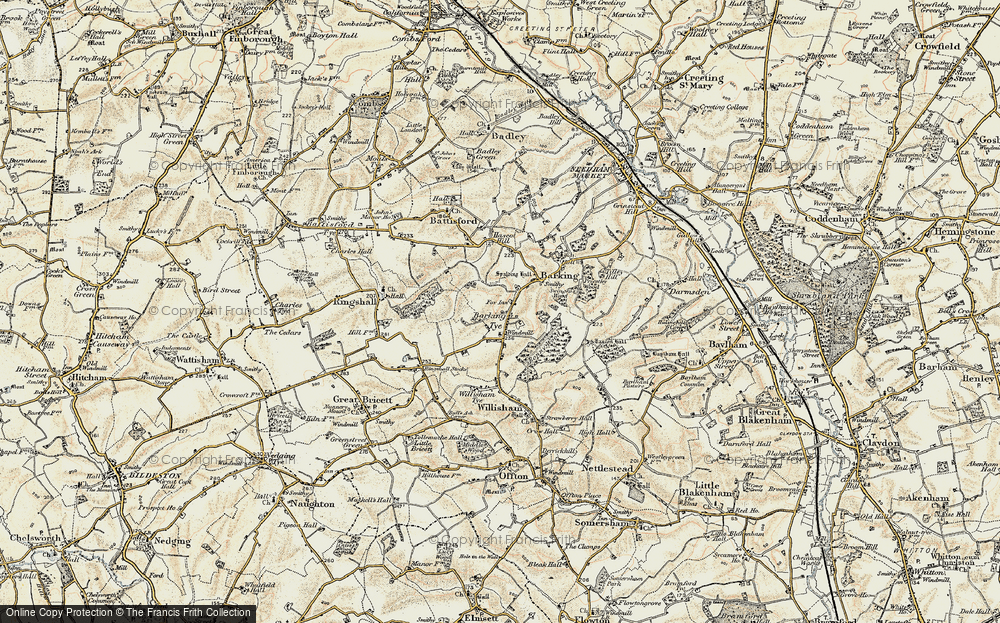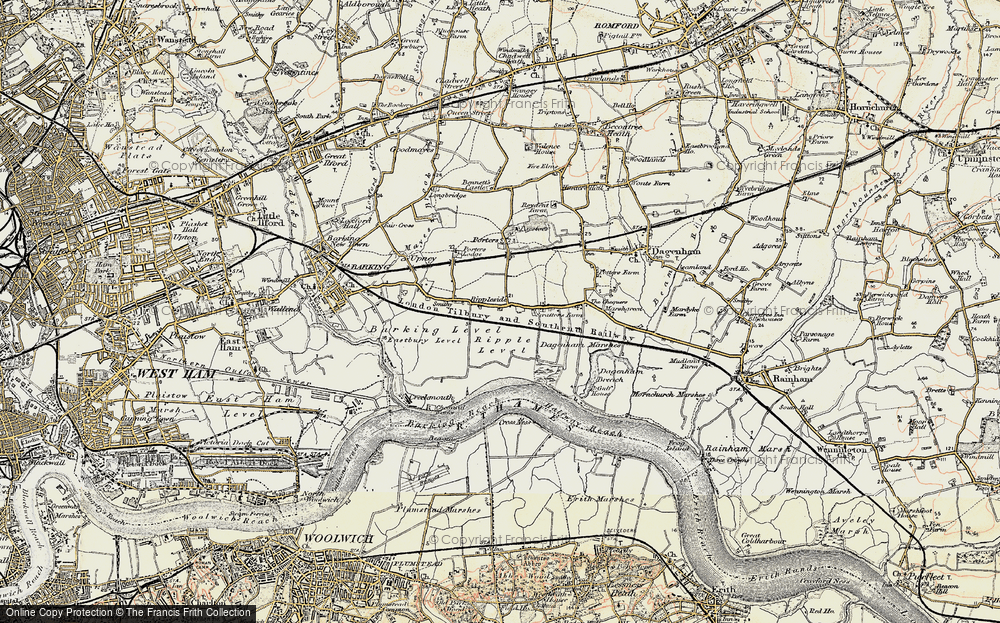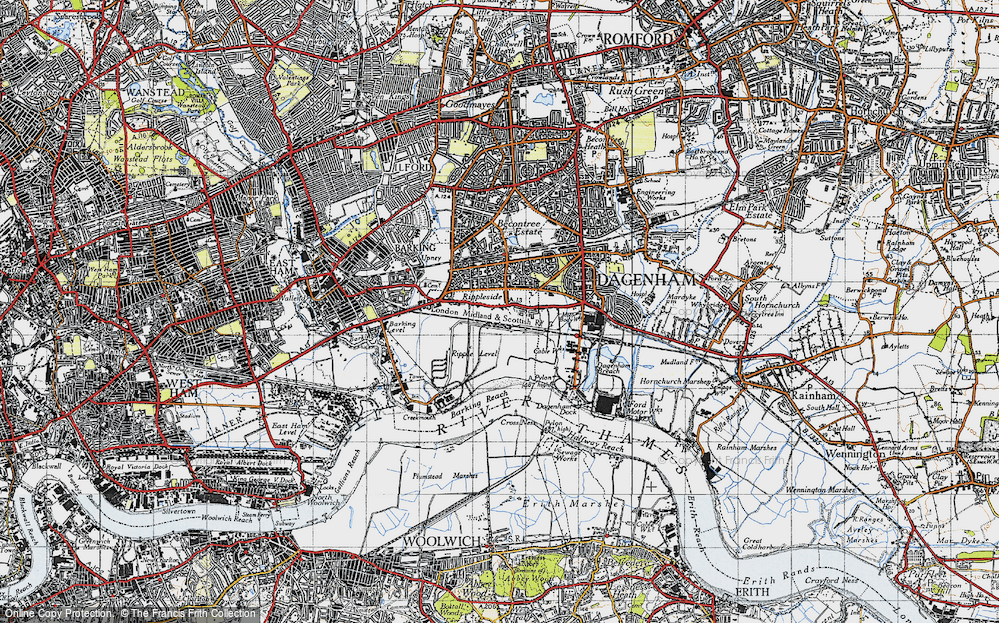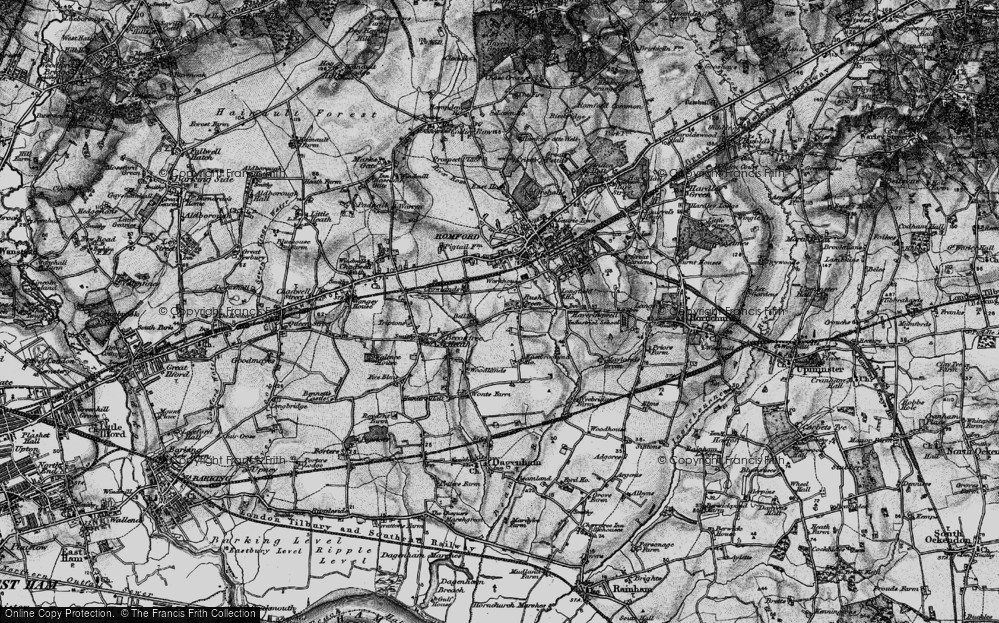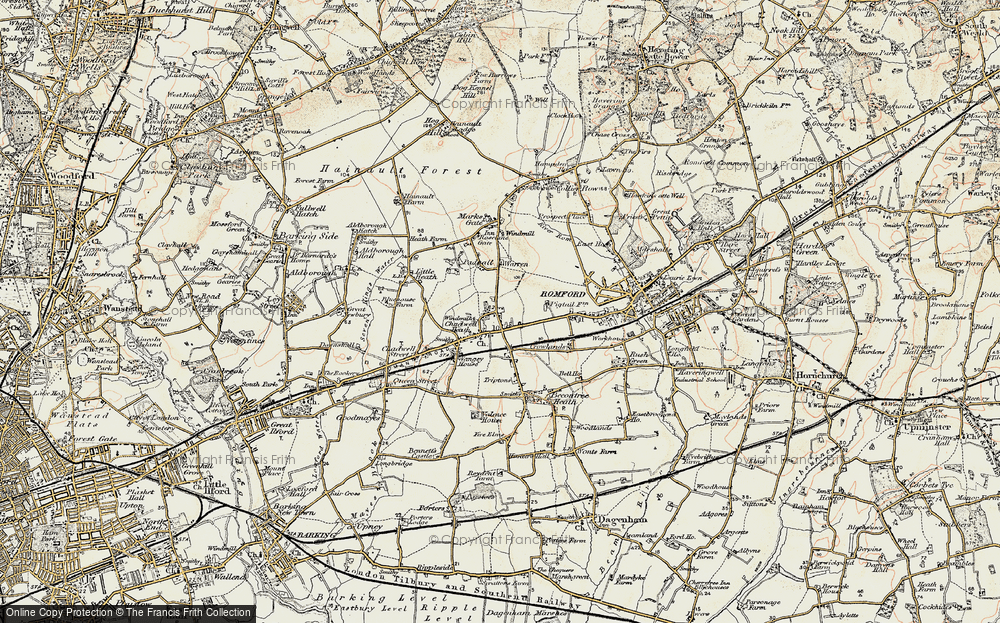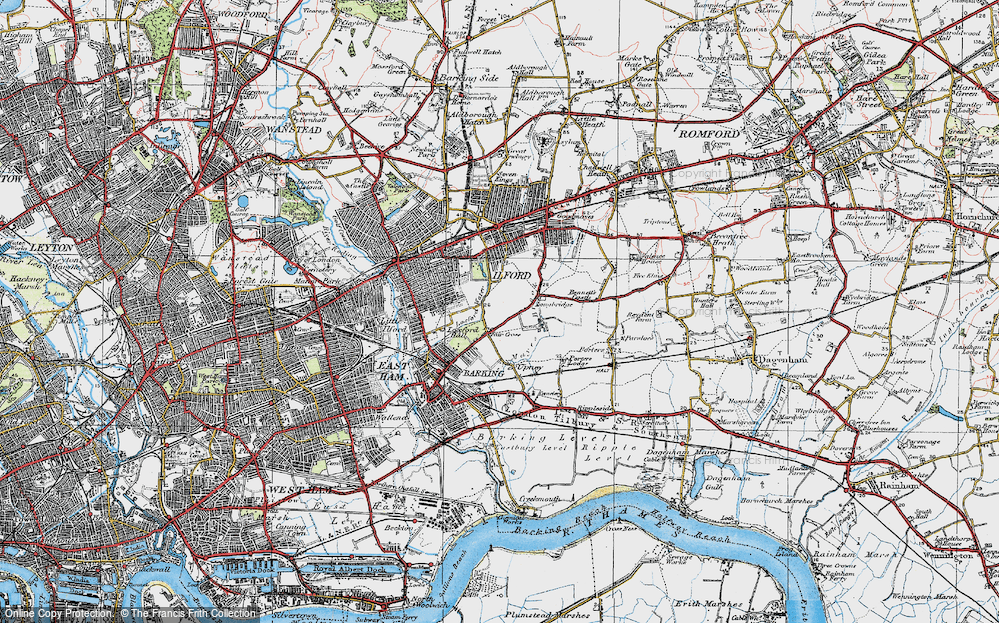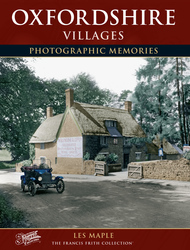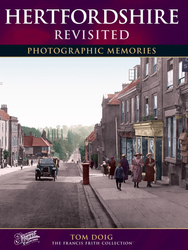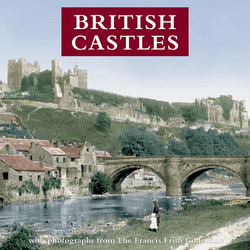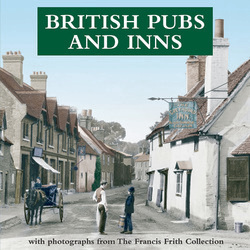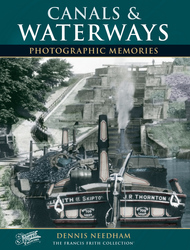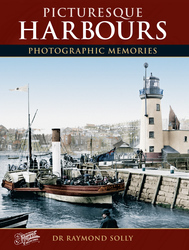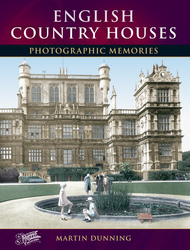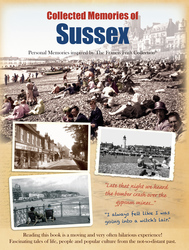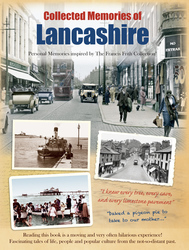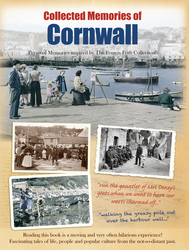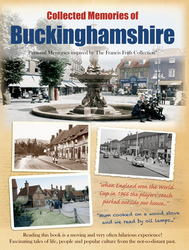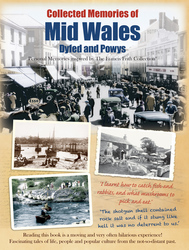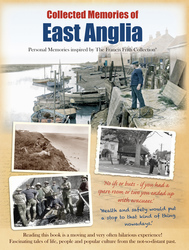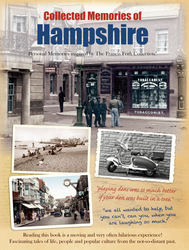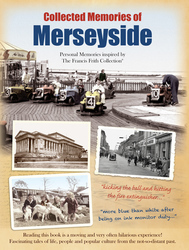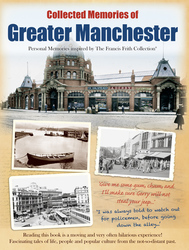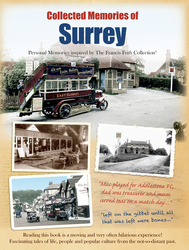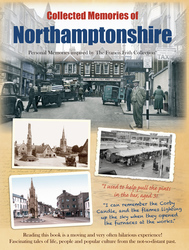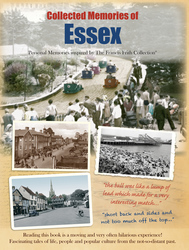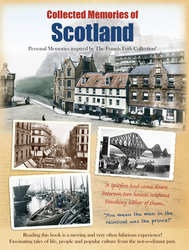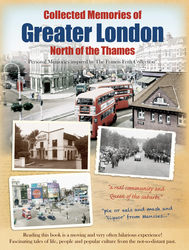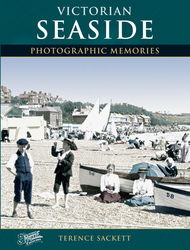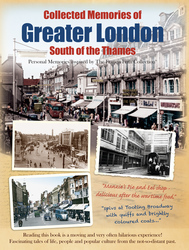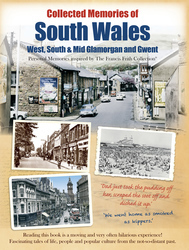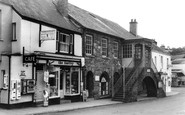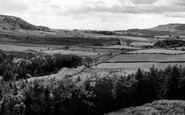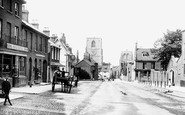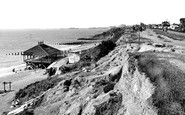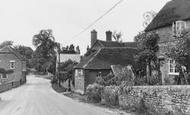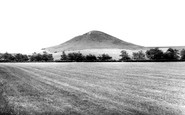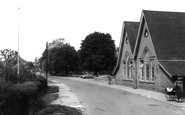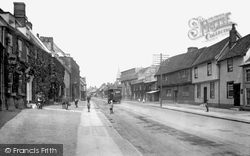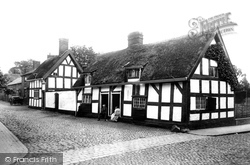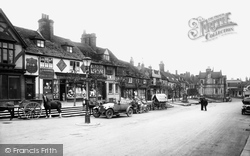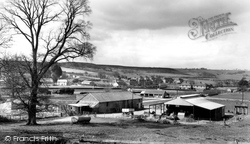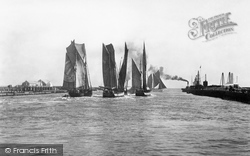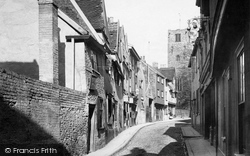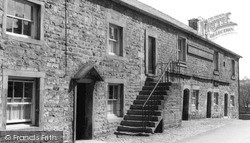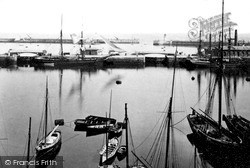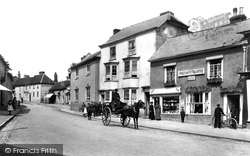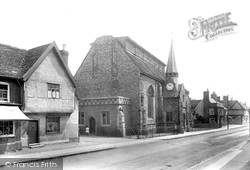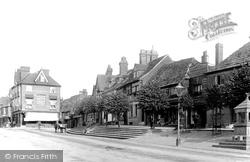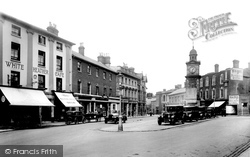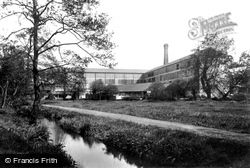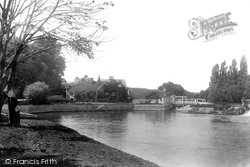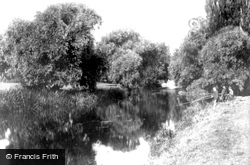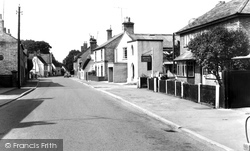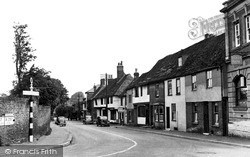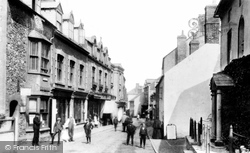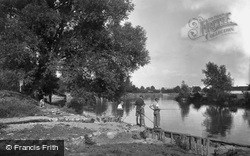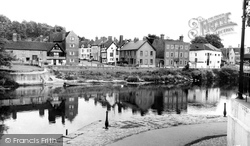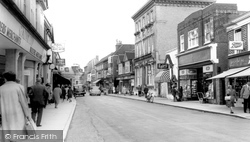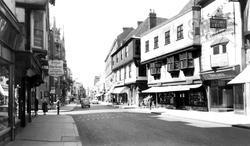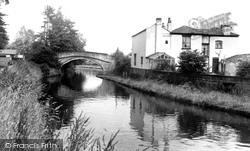Merry Christmas & Happy New Year!
Christmas Deliveries: If you placed an order on or before midday on Friday 19th December for Christmas delivery it was despatched before the Royal Mail or Parcel Force deadline and therefore should be received in time for Christmas. Orders placed after midday on Friday 19th December will be delivered in the New Year.
Please Note: Our offices and factory are now closed until Monday 5th January when we will be pleased to deal with any queries that have arisen during the holiday period.
During the holiday our Gift Cards may still be ordered for any last minute orders and will be sent automatically by email direct to your recipient - see here: Gift Cards
Places
11 places found.
Those places high-lighted have photos. All locations may have maps, books and memories.
Photos
54 photos found. Showing results 1 to 20.
Maps
494 maps found.
Memories
9,978 memories found. Showing results 1 to 10.
The Taylors Of Well Street
My father was Arthur Marsden Taylor born in Elton 1896, he had two brothers William (1900) and Benjamin Aaron (1890), their mother was Sarah Ann Taylor (no father named), and her mother I believe Elizabeth Taylor, daughter ...Read more
A memory of Elton in 1890 by
Lion Garage
I was working at the Lion Grage then, Mr & Mrs Ros in the Tantivy. First thing in the morning I would go to Mr Ross for our fags (pay him on Friday - pay day), the garage then was open seven days a week for petrol (Esso), Sundays ...Read more
A memory of Dulverton in 1962 by
Rainbow Trout
Now a resident of Australia, I still have fond memories of catching a train to Kildale as a 13 year old and walking over the moors, and later, cycling from Thornaby through Commondale and back home. I remember laying down near a ...Read more
A memory of Kildale in 1963 by
School Days
First school London Road Infants, a short time in Scotland and then the Church Infants, each school day walking from Theatre Street (two doors up from 'The Cherry Tree') through the market place and down Church Street. I moved on to ...Read more
A memory of Dereham in 1940 by
First Trip To Fathers Hometown
My father Leslie Edgar Simpson Smith was born in Askam-In-Furness at Greenscoe Cottages in 1902 and he passed away in Canada in 2003. My grandfather William Smith was also born in Askam in the Vulcan Hotel ...Read more
A memory of Askam in Furness by
Such Great Holidays!
I remember as a child the great holidays in the 60s on the beaches at Holland. We hired a beach hut for 7/6 a week near the deck chair and paddle float hire. Who can forget the pretty girls who pushed the ice cream ...Read more
A memory of Holland-on-Sea in 1960 by
I Lived In Hampstead Norris From 1945 To 1962
I lived in Hampstead Norris as it was known in those days from 1945 to 1962 when I departed for greener pastures(I thought). I have had this longing for a while now to get in touch with people ...Read more
A memory of Hampstead Norreys in 1960 by
Pittley Hill
I can remember the late 50s, early 60s, coaches from Scarborough used to stop here, the titles says why, it still brings back my childhood memories when I drive past.
A memory of Moorsholm in 1959 by
My Evacuee Days.
My family was evacuated to Eaton Socon after being bombed out in London. My father was serving in The Royal Navy. I was only a baby so my memories only go back to about 1943. I came to Eaton Socon with my mother, her parents ...Read more
A memory of Eaton Socon in 1943 by
Little Hills Pit Lane
Born 1937 Kiveton family. Remeber getting on the bikes with my friends, riding over what we called the little hills down the pit lane to the tunnel top. Carrying an old clothes horse and a blanket, that was our tent. ...Read more
A memory of Kiveton Park in 1940 by
Captions
2,019 captions found. Showing results 1 to 24.
Needham, on the main road from Ipswich to Stowmarket, was in ancient times a hamlet of Barking, but only became a parish in 1901.
The name 'Barker Street' recalls the tanning industry that used to be important to Nantwich; the bark from oak trees was used in the tanning process.
It is certainly a very fine range, and one, the bookshop, has its framing decorated with bark panels.
The mature tree (left), a 200-year-old English elm, succumbed to fungal infection spread by bark beetles as Dutch Elm Disease ravaged the countryside in the early 1970s.
In 1854 the Hewitt and Short Blue fishing fleet moved from Barking to Gorleston.
All Saints' Church in the distance survived bombing and post-war clearance, along with a thatched pub, the quaintly-named Barking Dickey, which later became a greengrocer and then a bank.
All Saints' Church in the distance survived bombing and post-war clearance, along with a thatched pub, the quaintly-named Barking Dickey, which later became a greengrocer and then a bank.
Between periods of calm, Slaidburn once resounded with noise; above the bustle rose the ringing bark of the squire's favourite hound Bounty. The name of the inn had to change!
Moored between these gates is a sailing bark, and in the distance can be seen the East and West Piers.
The tree-bark ornamentation of the lintels and window-boxes is an unusual feature.
Needham, on the main road, was in ancient times a hamlet of Barking, but only became a parish in 1901.
In the 1920s the building received a stone ground floor and became the Midland Bank.
The Market Place would have presented a colourful, bustling scene, loud with the cries of the market-traders, the rumble of cartwheels over cobbles, the barking of dogs and the shouts and laughter
Perhaps originally because of the ready availability locally of oak bark (which is rich in tannin, and produces the best quality leather, though slowly) the curing of leather kept many in work.
Frith's photographer swivelled his camera, while crossing the little River Pang which reaches the Thames here, and walked a few yards along the bank to capture this view back upstream towards the recently
The south bank always remained less formal than the north; it is a series of islands separated from the 'mainland' by a back river, which in its turn is separated by weirs from the north river.
Back in the 1950s it would have been quite normal for a bank to have a branch in a small village. Rationalisation has seen a good many of them close down.
We have our backs to the Red Lion, and are looking down the A257 Sandwich and Deal road, with Lloyds Bank clearly visible on the right.
The best house is on the right, slightly set back from the road and with a central niche containing an urn. Built about 1835, it became a bank, hence its current name 'The Old Bank House'.
Old Laleham stands back from the reaches of the Thames, and the early boating fraternity used to enjoy catching glimpses of it from the water.
Wribbenhall is situated on the opposite bank of the river to Bewdley, and architecturally its streets are far more interesting than Severnside.
Next door is Woolworths, and next but one is Westminster Bank at No 4. These three businesses are still in Petersfield at the same addresses.
Across the street is the entrance to Mercery Lane, with the overhanging beams of a former pilgrims' inn, the Chequer of Hope, which once stretched back to the Buttermarket.
The towpath on the right bank was used by the horses which once pulled the barges. Grappenhall has two of the characteristic narrow hump-backed bridges designed to carry road traffic over the canal.
Places (11)
Photos (54)
Memories (9978)
Books (25)
Maps (494)


